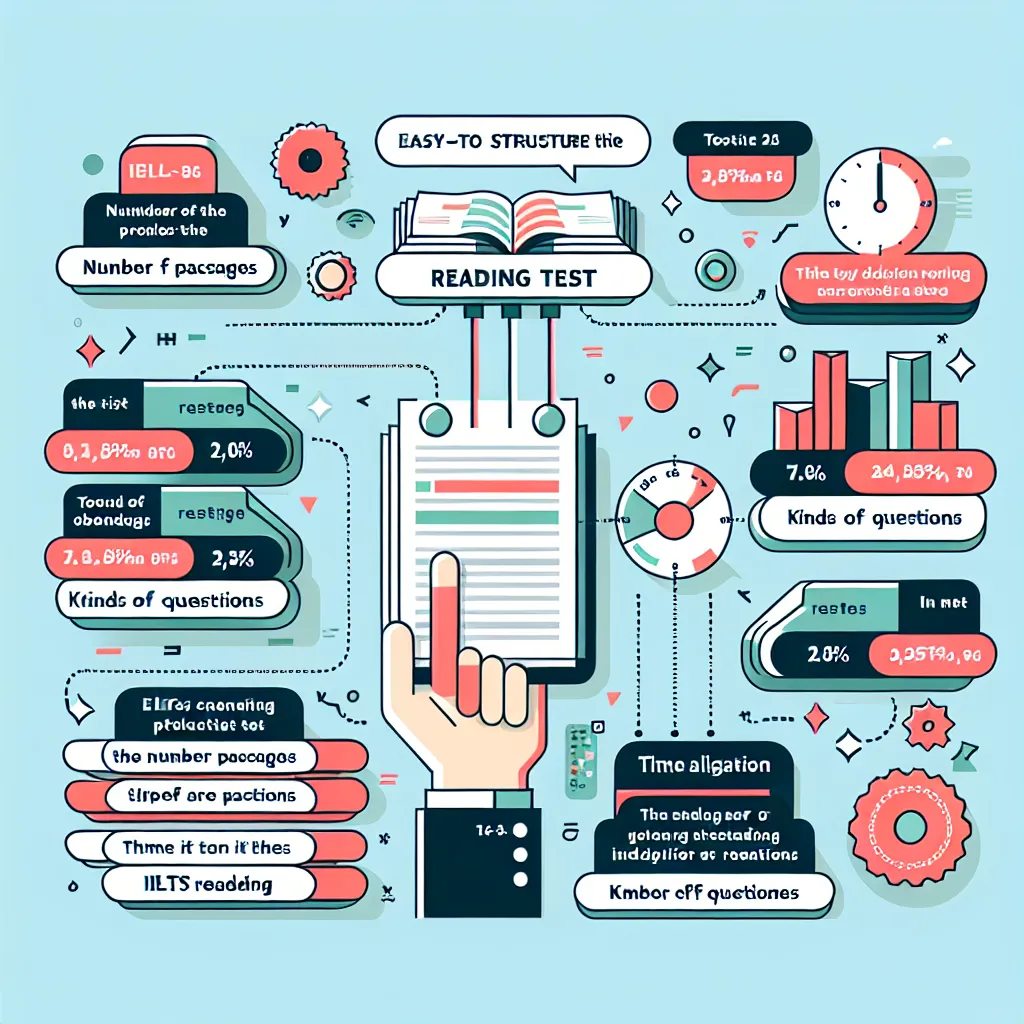Are you aiming for a Band 7 score in the IELTS Reading section? You’re not alone. Many test-takers find the Reading section challenging, but with the right strategies and consistent practice, you can improve your skills and reach your target score. In this comprehensive guide, we’ll explore effective techniques to help you achieve Band 7 in IELTS Reading.
Understanding the IELTS Reading Section
Before diving into strategies, it’s crucial to understand what the IELTS Reading section entails. The Academic IELTS Reading test consists of three passages and 40 questions, which you must complete in 60 minutes. To achieve a Band 7, you typically need to answer 30-32 questions correctly.

Why Band 7 is Important
A Band 7 in IELTS Reading demonstrates a high level of English proficiency. It shows that you can understand complex texts, identify main ideas, and interpret detailed information effectively. This score is often required for advanced academic programs and professional certifications.
Strategies to Achieve Band 7 in IELTS Reading
1. Improve Your Reading Speed
To succeed in the IELTS Reading section, you need to read quickly and efficiently. Here are some tips to enhance your reading speed:
- Practice skimming and scanning techniques daily
- Use a timer when reading to challenge yourself
- Read a variety of texts to build stamina and familiarity with different styles
2. Develop Advanced Vocabulary
A robust vocabulary is essential for understanding complex texts. To expand your word bank:
- Learn new words in context through extensive reading
- Use vocabulary apps or flashcards for regular practice
- Focus on academic word lists and topic-specific vocabulary
3. Master Different Question Types
IELTS Reading includes various question types. Familiarize yourself with each:
- Multiple choice
- True/False/Not Given
- Matching headings
- Sentence completion
- Summary completion
Practice each type separately to understand the specific strategies required for each.
4. Time Management is Key
Effective time management can make or break your performance. Here’s a suggested time allocation:
- Spend about 20 minutes on each passage
- Allocate 5 minutes at the end to review your answers
Remember, all questions are worth the same, so don’t spend too much time on difficult ones at the expense of easier questions.
5. Improve Your Concentration
The Reading test requires intense focus. To enhance your concentration:
- Practice reading in a quiet environment
- Gradually increase your reading duration to build mental endurance
- Use active reading techniques like underlining or note-taking
6. Use Context Clues
When encountering unfamiliar words, use context clues to deduce their meaning:
- Look at the surrounding sentences for hints
- Consider the overall topic of the passage
- Analyze the word’s part of speech
This skill is crucial for understanding complex texts without relying heavily on a dictionary.
7. Practice with Authentic Materials
Expose yourself to a wide range of authentic reading materials:
- Scientific journals
- Academic publications
- News articles from reputable sources
- Professional magazines
This exposure will help you become comfortable with the style and complexity of IELTS Reading passages.
8. Understand the Scoring Criteria
Knowing how the IELTS Reading section is scored can help you focus your efforts:
- Each correct answer is worth one mark
- There are no half marks
- Spelling must be accurate
- Grammar is not assessed in your answers
Understanding these points can help you avoid unnecessary mistakes and focus on accuracy.
9. Develop a Strategic Approach
Approach each passage methodically:
- Read the questions first to know what to look for
- Skim the passage to get an overview
- Read more carefully, focusing on areas relevant to the questions
- Answer the questions, referring back to the text as needed
This structured approach can help you navigate complex passages more efficiently.
10. Regular Mock Tests
Taking full-length practice tests under timed conditions is crucial:
- Simulate exam conditions as closely as possible
- Analyze your performance after each test
- Identify patterns in your mistakes and work on your weaknesses
Regular mock tests will help you build stamina and familiarity with the test format.
Common Pitfalls to Avoid
To achieve Band 7, be aware of these common mistakes:
- Spending too much time on difficult questions
- Not reading the instructions carefully
- Failing to manage time effectively
- Neglecting to check answers at the end
- Letting unfamiliar vocabulary derail your understanding of the whole passage
By avoiding these pitfalls, you can significantly improve your performance.
Next Steps in Your IELTS Reading Preparation
Now that you’re equipped with strategies to achieve Band 7 in IELTS Reading, it’s time to put them into practice:
- Create a study schedule focusing on regular reading practice
- Set specific goals for vocabulary expansion and reading speed
- Take a diagnostic test to identify your current level and areas for improvement
- Join online IELTS communities or study groups for support and resources
- Consider enrolling in an IELTS preparation course for expert guidance
Remember, achieving Band 7 in IELTS Reading requires consistent effort and smart preparation. With dedication and the right strategies, you can reach your goal and open doors to new academic and professional opportunities.
We encourage you to share your experiences and questions in the comments below. What strategies have worked best for you in IELTS Reading preparation? Your insights could be invaluable to fellow test-takers on the same journey.